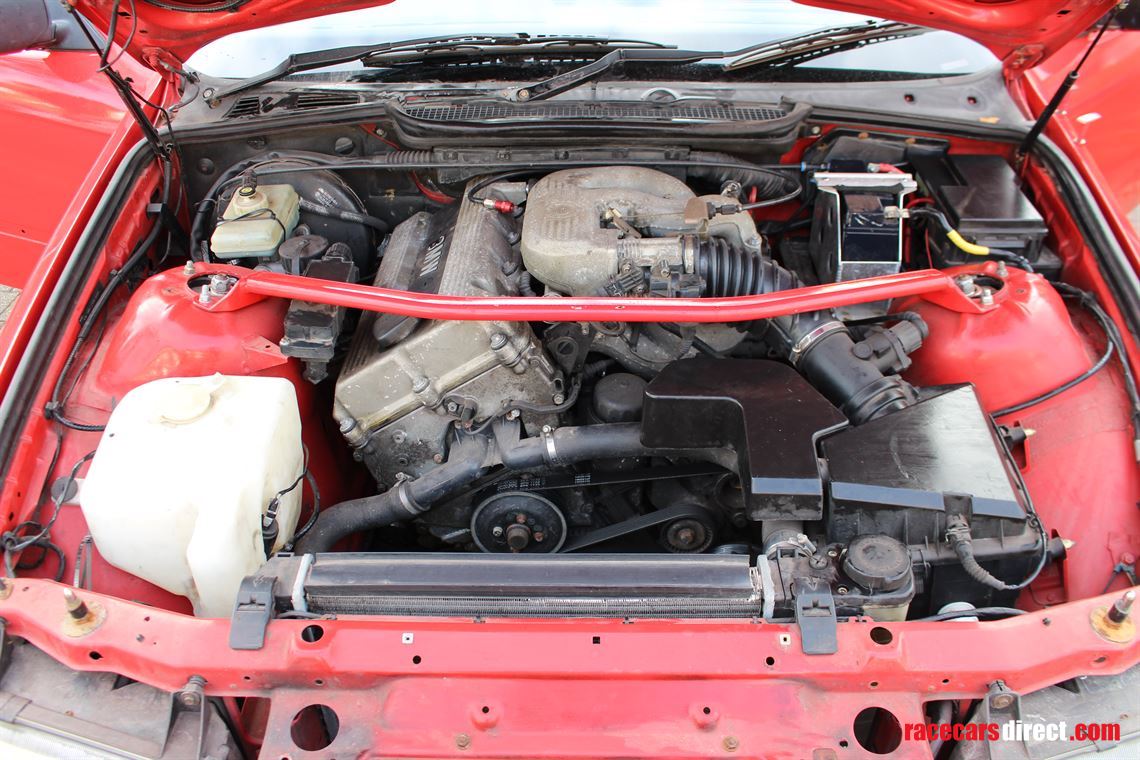Maintaining Your BMW 318ti: Important Tips for Longevity
Maintaining Your BMW 318ti: Important Tips for Longevity
Blog Article
Crucial Factors To Consider for Selecting the very best Engine for Your Requirements
In the world of choosing the excellent engine to fulfill your demands, several essential aspects need meticulous consideration to guarantee optimum performance and performance. From the nuanced balance between power and efficiency to the often-overlooked aspects of upkeep and service demands, each facet plays an essential role in determining one of the most suitable engine for your certain needs. As the complexity of engine modern technologies proceeds to evolve, discerning one of the most fitting alternative demands a deep understanding of the interplay between different considerations. By checking out the elaborate internet of aspects that underpin this decision-making process, a more clear path emerges towards selecting an engine that not just fulfills however exceeds your assumptions.
Power and Efficiency
When evaluating engines for ideal performance, it is critical to prioritize both power result and efficiency. Effectiveness refers to just how well the engine transforms fuel into functional power. By thoroughly examining both power and performance, you can choose an engine that provides optimum efficiency and meets your demands properly.
Gas Efficiency and Economic Situation
Gas efficiency refers to the engine's capability to transform gas into energy with minimal waste, directly influencing operating costs and ecological sustainability. Engines with higher fuel performance not only decrease gas expenditures but likewise reduce carbon exhausts, contributing to a greener operation.

Compatibility and Application
Taking into consideration the fuel effectiveness and economy of an engine, the following important facet to address is its compatibility and application within certain functional contexts. Compatibility refers to just how well the engine integrates with the total system or devices it powers. It entails elements such as physical measurements, installing options, electric user interfaces, and control systems. Making sure compatibility is necessary to stop issues such as getting too hot, resonances, or power imbalances (bmw 318ti).
In addition, the application of the engine is equally essential. Different engines are designed for certain purposes, whether it be commercial machinery, aquatic vessels, cars, or power generators. Comprehending the desired application allows for the selection of an engine that can provide the necessary power result, torque, and functional characteristics. For example, a high-revving engine created for efficiency cars would not appropriate for durable building and construction tools that requires high torque at low speeds.
Maintenance and Solution Requirements
Upkeep and solution needs play an essential role in making sure the longevity and ideal efficiency of an engine. Normal upkeep is vital to stop breakdowns, extend the life expectancy of the engine, and preserve its performance. When picking an engine, it is necessary to think about the maker's advised upkeep schedule and the availability of service centers or qualified service technicians.
Aspects such as the frequency of oil adjustments, filter substitutes, and general assessments can substantially affect the engine's efficiency. Some engines may need more constant servicing based upon their layout and use, while others might have longer periods in between upkeep checks. It is crucial to abide by these solution requirements to avoid expensive repair work and unanticipated downtime.

Price and Budget Plan Considerations
When selecting an engine for a particular application,Spending plan restraints often play a significant duty in the decision-making procedure. When taking into consideration the price and budget plan effects of selecting an engine, it is vital to examine not only the preliminary acquisition cost however additionally the long-lasting expenses connected with maintenance, gas usage, and possible upgrades or repair services. It is important to strike an equilibrium between the ahead of time price of the engine and its general lifecycle expenses to make certain that the selected engine stays monetarily lasting throughout its operational lifespan.
Elements such as fuel performance, reliability, and longevity can straight affect the total expense of ownership of an engine. While an extra costly engine may have higher ahead of time expenses, it can possibly result in lower upkeep and fuel costs over time, hence offering better worth in the long run.
Conclusion

Gas efficiency refers to the engine's ability to transform gas right into energy with marginal waste, directly impacting operating expenses and environmental sustainability.Factors influencing gas effectiveness include engine layout, burning efficiency, and total efficiency optimization. Additionally, picking the ideal gas type and grade as recommended by the engine supplier can additionally improve efficiency and extend engine life expectancy.
Engines with good service features and conveniently offered parts can minimize upkeep prices and lessen the time the engine is out of operation - bmw 318ti. It is crucial to strike an equilibrium in between the upfront cost of the engine and its total lifecycle prices to make sure that the chosen engine stays monetarily lasting throughout its functional life-span
Report this page